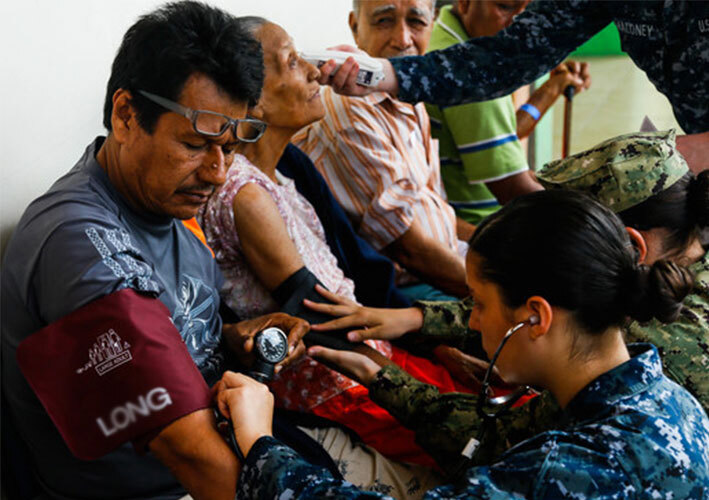Helga expanded on her discussion of why she is insisting that the present crisis is “The Big One”, and not a prelude to a bigger crisis to come. The problem, she said, is that people focus on aspects of the crisis, such as the pandemic, the financial crisis, global famine, the war danger, but miss the overall cause—that we are in a breakdown crisis fifty years in the making. There is no solution to the individual crises without addressing all crises at once.
This is possible today, because of the work done by Lyndon LaRouche, who identified that we are heading to an overall crash of the system, which is causing a chain reaction collapse into a Dark Age. By understanding this, we can begin to provide solutions, beginning with breaking from geopolitics and adopting a policy of agreement among the four great powers. Such an agreement for cooperation is the only way in which the individual crises can be addressed.
She spoke of the events held by the Schiller Institute over the last two weeks as representative of the kind of work we can do, to bring people to the level of thinking needed to succeed. In the end, she said that we must as a civilization go back to principle. She used the example of how the German Economic Miracle after World War II was based on a government applying the principle of physical economy as the basis for rebuilding. Such solutions are available today, so the viewers should join with the Schiller Institute to make such a miracle.













